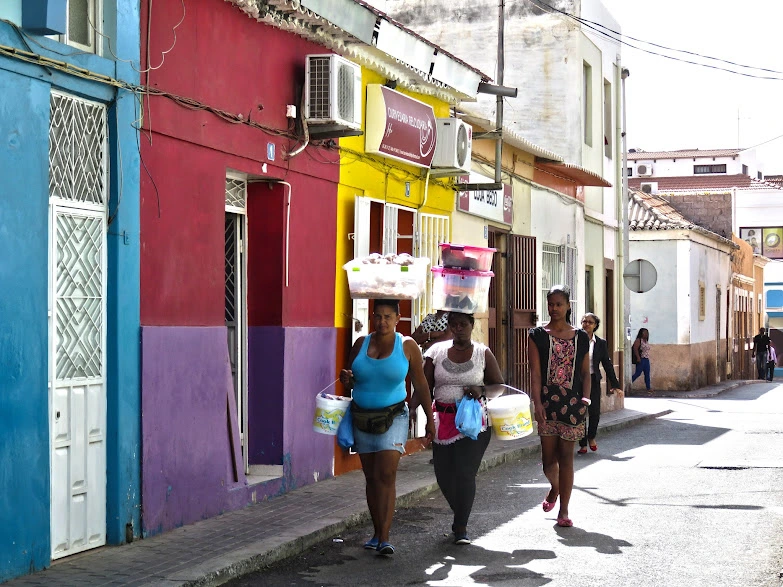Transparency International’s report ranks Cape Verde second only to Seychelles in fighting corruption in Sub-Saharan Africa.
Ranking 31st among 180 nations, Cape Verde’s position is noteworthy.
This year’s Corruption Perceptions Index (CPI), formulated by Transparency International, awards Cape Verde 64 points.
The scale ranges from zero, indicating high corruption, to 100, signifying utmost transparency.
Cape Verde’s government recently passed a law to create an online system for judicial processes.
This move aims to minimize case backlogs and delays, showcasing an active stance in promoting transparency.

Over five years, Cape Verde’s CPI score has risen by six points. Extending the timeline to 11 years reveals an overall four-point improvement.
Transparency International introduced the CPI in 1995, establishing it as a key metric for assessing corruption trends.
It evaluates public sector corruption through insights from industry experts and business leaders.
The CPI is a composite index that integrates multiple independent analyses of corruption.
A significant revision in 2012 updated the CPI’s methodology. This adjustment ensures consistent comparison of annual scores.
This development in Cape Verde’s corruption perception underscores its governance and public sector integrity progress.
It reflects a broader commitment to transparency and ethical practices.
Such achievements are crucial for fostering trust in government institutions and supporting overall societal progress.
Background
Transparency International’s report showcases a stark contrast in corruption perception between Cape Verde and Brazil.
Cape Verde ranks as the second least corrupt nation in Sub-Saharan Africa and 31st globally, scoring 64 out of 100.
This marks a significant rise, reflecting improvements over the past five years.
Brazil, on the other hand, has seen a decline. It now ranks 104th with a score of 36, a two-point drop from the previous year.
This positions Brazil below both global and American averages, comparable to Ukraine, Algeria, and Serbia, but lower than Ethiopia and Belarus.

